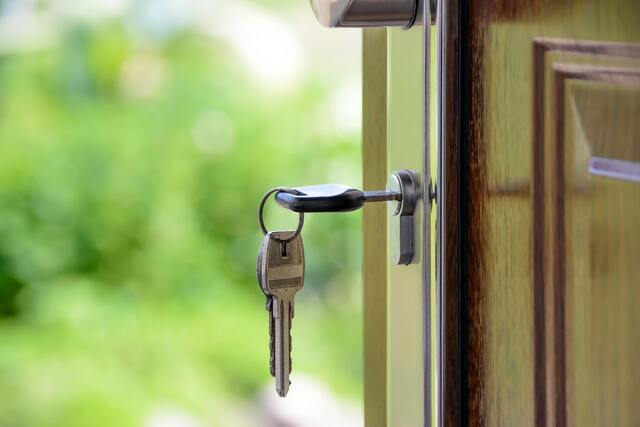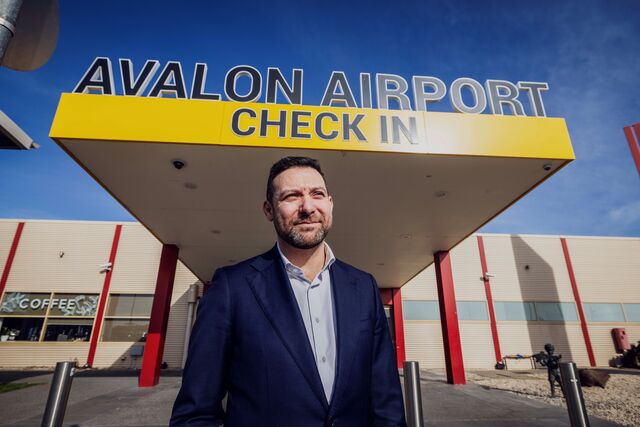The state government has announced new additions to its short stay levy bill, allowing councils and owners corporations to prohibit short stay rental accommodation.
The legislation introduces a 7.5 per cent levy, due to come into effect on January 1, on short stay accommodation bookings – including those made through platforms like Airbnb or Stayz.
Councils will also be able to regulate short stay accommodation, and owners’ corporations will be able ban short stays in their developments if approved by 75 per cent of the owners.
It will not apply to homeowners leasing out all or part of their principal place for short stay accommodation.
The move has been welcomed by housing organisations but tourism operators are calling for a 12 month pause between the introduction of the levy and any additional local regulation.
According to the state government, the levy is expected to raise about $60 million each year, which will go to Homes Victoria to support building and maintenance of social and affordable housing.
Twenty-five per cent of the funding will be invested in regional Victoria.
Housing Minister Harriet Shing said that the levy will support more social housing and encourage more people to use their properties for permanent rental accommodation.
Sunbury and Cobaw Community Health housing support team manager Justine Maher said that she welcomed “any strategy that would see an increase in social and affordable housing for local residents.”
“There are limited options currently for families needing to find a rental property in the Macedon Ranges, and we have seen rental prices rise considerably in the last couple of years, putting pressure on the family budget – and in many cases – putting people at risk of homelessness,” Ms Maher said.
“There are only a small number of public housing properties in the Macedon Ranges, the number of which has not increased for years,” she said.
“We hope that through this bill, we will see more properties becoming available for rent as well as money being put aside for social housing initiatives.”
Macedon Daylesford Tourism chief executive Steve Wroe said that he recognises the necessity of increasing affordable housing but is concerned about the impact to tourism in the Macedon Ranges, where he said that “regions such as ours rely heavily on short stay accommodation.”
“We just don’t have much commercial accommodation … compared with urban areas so the impact of the levy on regions will be greater,” Mr Wroe said
“The view of Daylesford Macedon Tourism is that if the levy is passed, there should be some breathing space before any regulation is imposed. We’re calling for a 12-month gap between levy implementation and any local regulation, so we can see if the levy is having the stated effect of shifting housing stock to the long term market.
“We are in an environment where regional visitation has slumped as cost of living pressures affect discretionary spend. This levy will further dampen demand … the timing simply could not be worse. People will be paying $50–100 more for their getaway, and this means that those that do come to the region will spend less on ancillary activities like dining out.”







